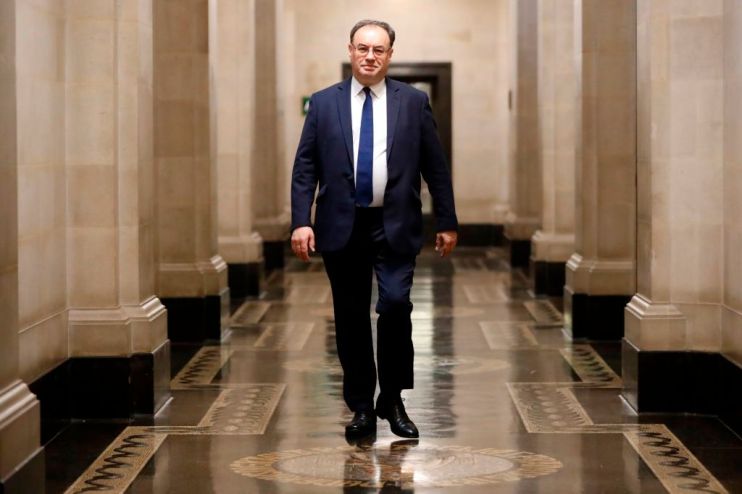Will British businesses stand behind Bailey?

Most people spend their first week in a new job getting to know people and figuring out how the printer works. Bank of England governor Andrew Bailey ends his first week having slashed interest rates to the lowest level in the institution’s 325-year history.
When he writes a book about his time at Threadneedle St he’ll have a hard time finding anything to beat Chapter One for sheer drama. Bailey said the action, combined with a fresh £200bn bond buying spree, came in response to financial markets becoming “borderline disorderly” – adding that if the Monetary Policy Committee had waited until next week’s meeting, it would “be too late by that point.”
The BoE’s firepower adds to the rumble of artillery heard around the world – from the European Central Bank’s latest ‘whatever it takes’ moment to the talk of helicopter money from the US Federal Reserve. Before the Coronavirus outbreak, the consensus was that central banks had very little room to manoeuvre should another crisis hit.
Now that we know what that crisis looks like, it’s clear that the issue isn’t just the amount of room left for rate cuts, but that entirely new weapons are needed. As Kevin Doran of AJ Bell put it last night, “It’s the solutions of yesteryear when liquidity and credit were the problems. This time it truly is different – with a workforce on lockdown, there’s a production chasm about to open up.”
In other words, there’s only so much that central banks can do here. Doran goes on: “To fill the gap policy makers need to be working with Governments to introduce formal debt relief. Not forbearance, not interest holidays, but genuine relief from servicing debts as the world enters its enforced hibernation.”
This is the context in which the chancellor will this morning set out more measures aimed at helping businesses, and he’ll do so with the words of fellow Tory MPs ringing in his ears.
One after another they lined up in the Commons yesterday, grandees from the shires, demanding immediate intervention from the government to pay people’s wages.
Loans, they said, won’t cut it. And they’re right. Some firms might be grateful for a conditional lifeline, but others just need cash – and they need it now.
Main image: Getty
